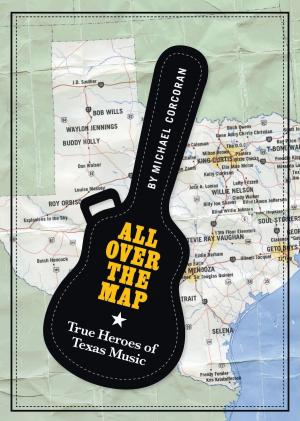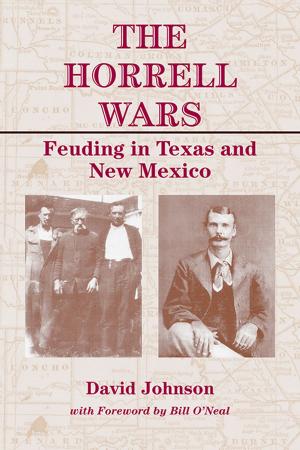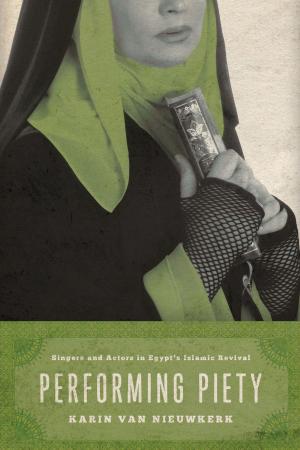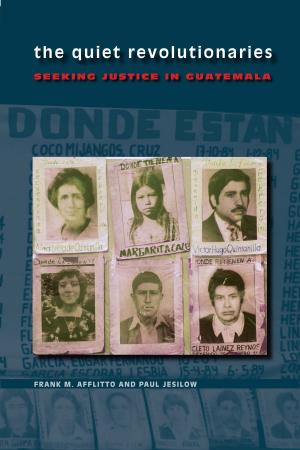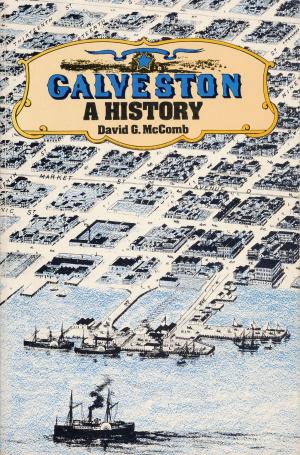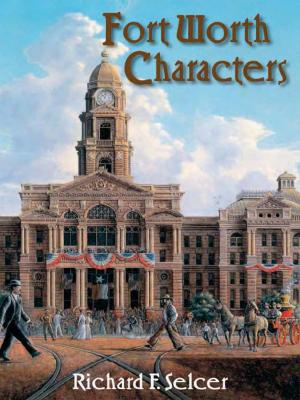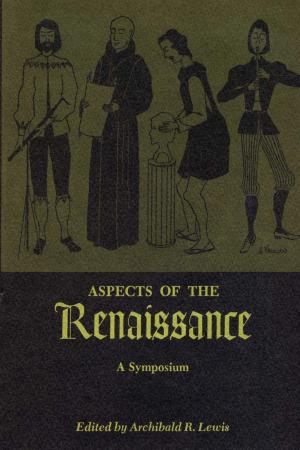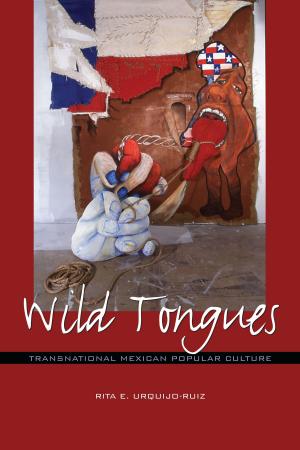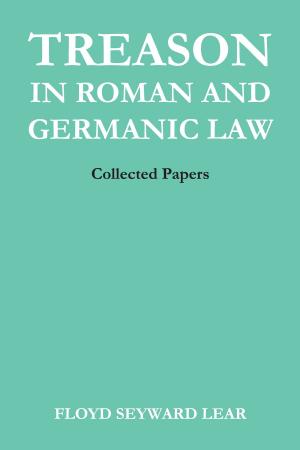| Author: | Miner Kilbourne Kellogg | ISBN: | 9780292768710 |
| Publisher: | University of Texas Press | Publication: | July 3, 2014 |
| Imprint: | University of Texas Press | Language: | English |
| Author: | Miner Kilbourne Kellogg |
| ISBN: | 9780292768710 |
| Publisher: | University of Texas Press |
| Publication: | July 3, 2014 |
| Imprint: | University of Texas Press |
| Language: | English |
Miner Kilbourne Kellogg’s notes about his experiences with “the most completely and comfortably fitted-out expedition which ever went to Texas” is an account of the beauty, the wildness, and the dangers and inconveniences of 1872 Texas. Editor Llerena Friend provides a setting for the journal by tracing the search for mineral wealth in post–Civil War Texas; by describing the aims of the Eastern-born Texas Copper and Land Association, whose expedition the diarist accompanied; and by narrating the life of Miner K. Kellogg—artist, world traveler, writer. Friend’s annotation of the journal fills in details about the names, places, and events that Kellogg mentions. As the expedition travels across North Texas toward Double Mountain, Kellogg reveals himself not only as a man of artistic vision but also as a chronic complainer, an accomplished observer of human nature and individual personality, and a skillful interpreter of problems that beset the people in the uncivilized regions of Texas. A cultured gentleman who had traveled the world and had sat in the company of presidents and princes, this non-Texan was disdainful of the “texans” of the wilderness, for whom “Cards & vulgar slang & stories of Indian adventures form the staple of their mental exercises.” An artist, he was often unable to draw, either because of his constant illnesses and frustrations or because of the unfavorable encampments of the party. Accustomed to the amenities and comforts of life, he criticized the lack of leadership and the purpose of the expedition, and complained incessantly of the chiggers, the “want of cleanliness decency & health,” and “the infernal bacon,” which became the stock fare. Amid the complaints and derisions, however, appear vivid images of the Texas landscape, set down in word pictures by an artist’s pen: the night sky, “with a half moon now & then eclipsed by dark clouds passing over the clear starry vault of bluish grey”; the river-bank soil of “Vandyke brown color”; the mesquite trees in a melancholy and wild basin, “without a leaf upon their dead carcasses, yet still standing & clinging to the hope of resurrection from the life yet remaining in their roots”; and the “acres of the brilliant yellow Compositea & pink sabatea-like carpets spread in the morning air.” Kellogg’s watercolor sketches were unfortunately lost in travel, but his literary record, “M. K. Kellogg’s Mems, Exploring Expedition to Texas, 1872,” remains as a personal account of an abortive attempt to exploit the natural resources of the Texas frontier during Reconstruction and an artist’s picture of the life and the land of that frontier.
Miner Kilbourne Kellogg’s notes about his experiences with “the most completely and comfortably fitted-out expedition which ever went to Texas” is an account of the beauty, the wildness, and the dangers and inconveniences of 1872 Texas. Editor Llerena Friend provides a setting for the journal by tracing the search for mineral wealth in post–Civil War Texas; by describing the aims of the Eastern-born Texas Copper and Land Association, whose expedition the diarist accompanied; and by narrating the life of Miner K. Kellogg—artist, world traveler, writer. Friend’s annotation of the journal fills in details about the names, places, and events that Kellogg mentions. As the expedition travels across North Texas toward Double Mountain, Kellogg reveals himself not only as a man of artistic vision but also as a chronic complainer, an accomplished observer of human nature and individual personality, and a skillful interpreter of problems that beset the people in the uncivilized regions of Texas. A cultured gentleman who had traveled the world and had sat in the company of presidents and princes, this non-Texan was disdainful of the “texans” of the wilderness, for whom “Cards & vulgar slang & stories of Indian adventures form the staple of their mental exercises.” An artist, he was often unable to draw, either because of his constant illnesses and frustrations or because of the unfavorable encampments of the party. Accustomed to the amenities and comforts of life, he criticized the lack of leadership and the purpose of the expedition, and complained incessantly of the chiggers, the “want of cleanliness decency & health,” and “the infernal bacon,” which became the stock fare. Amid the complaints and derisions, however, appear vivid images of the Texas landscape, set down in word pictures by an artist’s pen: the night sky, “with a half moon now & then eclipsed by dark clouds passing over the clear starry vault of bluish grey”; the river-bank soil of “Vandyke brown color”; the mesquite trees in a melancholy and wild basin, “without a leaf upon their dead carcasses, yet still standing & clinging to the hope of resurrection from the life yet remaining in their roots”; and the “acres of the brilliant yellow Compositea & pink sabatea-like carpets spread in the morning air.” Kellogg’s watercolor sketches were unfortunately lost in travel, but his literary record, “M. K. Kellogg’s Mems, Exploring Expedition to Texas, 1872,” remains as a personal account of an abortive attempt to exploit the natural resources of the Texas frontier during Reconstruction and an artist’s picture of the life and the land of that frontier.

